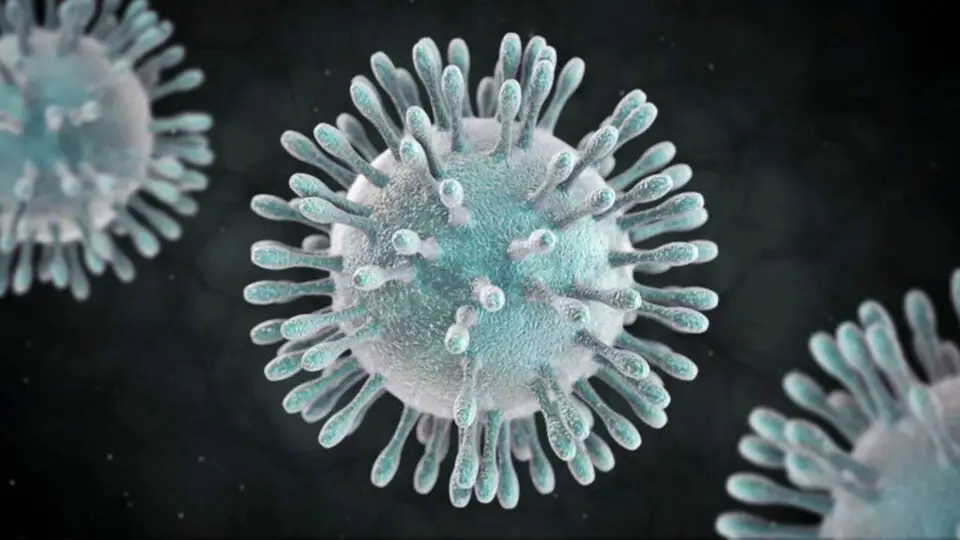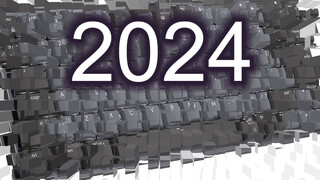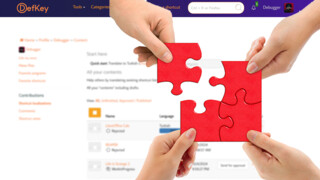Because of the novel coronavirus and the disease it causes, a significant part of the world spends its life at home. We do not know which month (or year) on the calendar will be the time this disease is eliminated. This point deserves special attention because there is a possibility that these times can last long.
Being a software developer, I have a suggestion and a second more imaginative one. These "solutions" may reduce the effect of the outbreak until a vaccine is widely available. Of course, the virus can disappear in any other way, even if this is unlikely. And surely, someone will have a better version of these ideas, but the aim is to cause big firms to move, rather than give a shiny idea.
1. Software measure for coronavirus: Making tests based on an algorithm
Whenever it is possible to produce test kits for the disease in little more amounts than right now, the software should be ready. So, a software infrastructure should be developed for testing everyone at risk, periodically. Firms like Google, Apple, Amazon, Facebook and of course Microsoft do a great job here: Maybe to develop an algorithm that is supported by artificial intelligence, but initially simple, and to make a risk assessment by looking at people's movements, where they go.
At this point, Google (thanks to Android phones) and Apple (iPhones), who already know where we go, are the best candidates. Moreover, this system can operate without causing any major concerns about privacy, as the data will be processed by software so that only people at risk can access their information. They wouldn't have to give all the location information to governments but give only the necessary part.
In this way, it may be compulsory for everyone be tested, in periods determined by some factors. But by reducing the tests to be made to someone who has never been released, test kits can be saved for persons with more risk. Taking into account the locations of the patients and many more variables, it may be possible to achieve the optimal balance of tests with software and AI.
In short, if the technology giants dedicate some resources for such a project, it may save the world from great trouble. And they would have a really useful technology under their hands, at least for similar epidemics in the future.
2. Creating a reusable test machine
I don't think this is a new idea. I also don't know if it is possible because I am not a health equipment expert, but if I was a manager at a company like Google, Apple, Tesla, I would immediately ask my team to start developing a machine that would perform a reusable coronavirus test. Yes, this is perhaps best suited to SpaceX, which managed to make reusable space rockets. Indeed, their boss Elon Musk can make us forgive his downplaying of coronavirus with such a system.
I assume that it will not be very cheap to create such technology, but such a machine should be in places that people can reach outside. At this point, technology firms and governments may have to make a great financial effort. These devices may be placed in the streets, and people would test themselves against COVID-19 with an ID card. In this way, it can be ensured that everybody is tested in some (ideally short) periods.
Here, it would acceptable if the test result isn't available immediately, but after a day or two. Since the information will be recorded with the identification number, once the person with coronavirus detected, they can be followed immediately by the government and helped to reach the hospital. Surely, if they meet with other people, this can be known with the help of location information.
The important point here is that the number of machines hence the cost can be reduced with the help of the software. For example, instead of testing everyone every 10 days (which will require a great number of test machines), testing people who are at high risk more frequently will be much more efficient.
Result
These are what I believe can help in decreasing the effect of the outbreak. At this point, I would like to emphasize that I had another assumption in this article: I assumed big companies and governments do not prefer to keep their money tight or the don't keep their inventions to themselves.
It seems like the U.S. administration may need to organize American technology companies for this job if they're not going to do something effective by themselves.
Recommended read: If you liked this article, you may like Toptal's intersting article over here, too. It goes deep on design principles and data analysis that would help fighting coronavirus off humanity.















